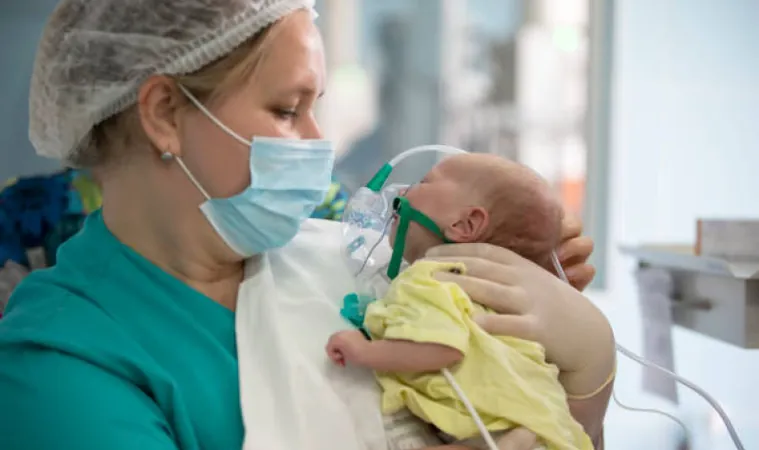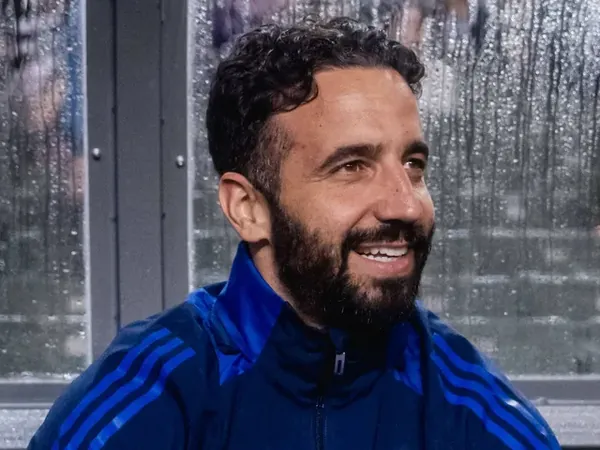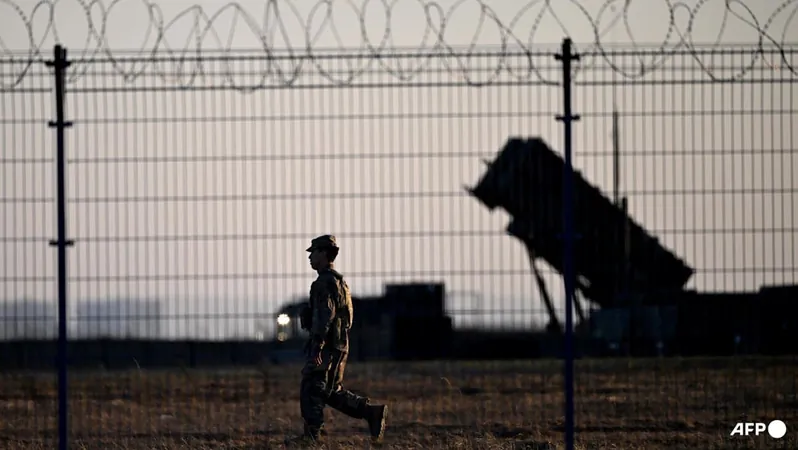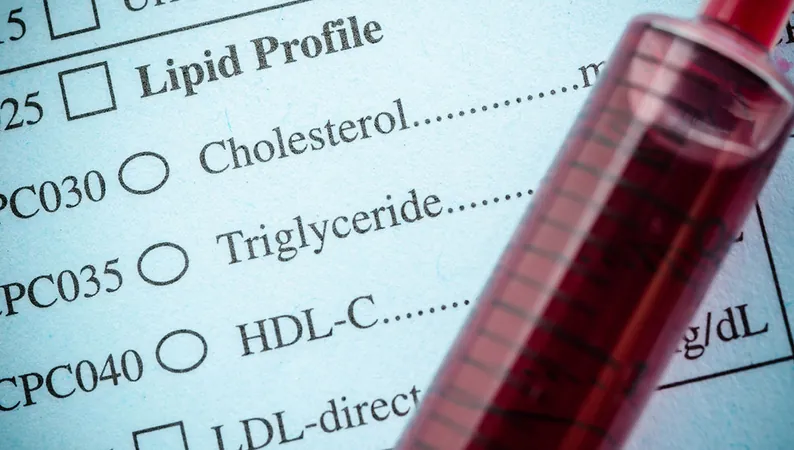
Shocking New Data Reveals Healthy Infants at Risk of Severe RSV Infection
2025-09-10
Author: Mei
The Hidden Danger of RSV in Full-Term Infants
Recent findings from Swedish researchers shed light on a startling reality: even completely healthy, full-term infants are susceptible to severe respiratory syncytial virus (RSV) infections, especially within their first three months of life. This crucial study published in *The Lancet Regional Health-Europe* highlights a pressing public health concern.
Staggering Statistics Unveiled
Researchers from the Karolinska Institutet and the University of Helsinki delved into national registry data spanning from 2001 to 2022, scrutinizing RSV cases among children born in Sweden. The results are alarming: out of 2.4 million children studied, 1.7% were diagnosed with RSV, translating to an incidence rate of 1,406 cases per 100,000 person-years among infants under one year old.
The data indicated that nearly 12% of those affected faced severe illness, with a median ICU admission age of just 1.9 months. What's more, about 41% of these critically ill infants had no prior underlying health conditions. The grim reality hit harder when examining other statistics—children requiring ICU care had a median stay of 46 hours, with many needing supplemental oxygen, non-invasive ventilation, or even mechanical ventilation.
Winter Births and Other Risk Factors
The research uncovered several risk factors linked to severe outcomes from RSV. Infants born during the winter months faced a 2.96 times higher risk of ICU admission. Other risk factors included being small for gestational age, having a twin sibling, or older siblings under four years old who had experienced respiratory infections.
The Implications of Severe Underlying Conditions
Interestingly, while many infants with RSV were previously healthy, an alarming 52.3% of those admitted to the ICU did have some underlying health issues. Conditions such as severe congenital heart disease and Down syndrome significantly elevated the risk for prolonged hospitalization.
A Call for Universal Immunization
These findings reinforce calls for universal immunization against RSV, particularly targeting high-risk groups beyond just those with known chronic conditions. Researchers emphasized that the preventive measures available, including maternal vaccinations and monoclonal antibody treatments for infants, are crucial steps in addressing this public health dilemma.
Senior study author Samuel Rhedin remarked, 'The data vividly demonstrate that a significant number of children requiring intensive care due to RSV were previously healthy. It's a wake-up call for us all!' His colleague, primary author Giulia Dallagiacoma, added, 'The silver lining is the advent of preventive treatments for newborns and vaccinations for pregnant women, which could reshape our approach to RSV.'
Protect Our Infants: A Crucial Next Step
As the global health community grapples with these revelations, the push for broader immunization strategies targeting even healthy infants could change outcome trajectories for this vulnerable population. The stakes couldn't be higher—rescinding RSV's harsh impact on our youngest children is a battle that needs urgent attention.






 Brasil (PT)
Brasil (PT)
 Canada (EN)
Canada (EN)
 Chile (ES)
Chile (ES)
 Česko (CS)
Česko (CS)
 대한민국 (KO)
대한민국 (KO)
 España (ES)
España (ES)
 France (FR)
France (FR)
 Hong Kong (EN)
Hong Kong (EN)
 Italia (IT)
Italia (IT)
 日本 (JA)
日本 (JA)
 Magyarország (HU)
Magyarország (HU)
 Norge (NO)
Norge (NO)
 Polska (PL)
Polska (PL)
 Schweiz (DE)
Schweiz (DE)
 Singapore (EN)
Singapore (EN)
 Sverige (SV)
Sverige (SV)
 Suomi (FI)
Suomi (FI)
 Türkiye (TR)
Türkiye (TR)
 الإمارات العربية المتحدة (AR)
الإمارات العربية المتحدة (AR)